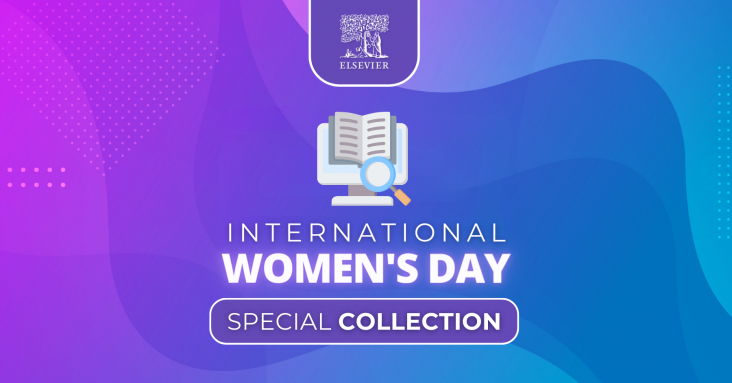
This study explores how teacher educators in Turkey, the United States, and Hong Kong prepare teachers to support immigrant students, using humanising pedagogy as a framework. Findings reveal the influence of personal and professional contexts, teaching practices, and the supports or barriers to implementing change. The study offers important insights for improving teacher education to better address the needs of immigrant students.
Mapping the vulnerable: A framework for analyzing urban social vulnerability and its societal impact
Societal Impacts, 2024, 100049
This research communication presents a robust framework for assessing urban social vulnerability (USoV) and associated risk assessment criteria, and underscores its policy implications. The framework integrates exposure, sensitivity, and adaptive capacity dimensions to construct the USoVI. Applied to 146 urban centers in West Bengal, utilizing diverse indicators and advanced GIS mapping, the framework reveals elevated vulnerability levels and socio-economic disparities. Better understanding of vulnerabilities and guidance in addressing them is imperative so that effective and context-specific interventions to enhance urban resilience and alleviate vulnerability can be developed.



The International Women's Day "World We Want" Podcast Collection features the latest episodes in the RELX podcast series featuring renowned female leaders from across the globe.
